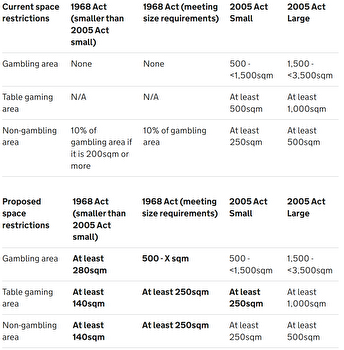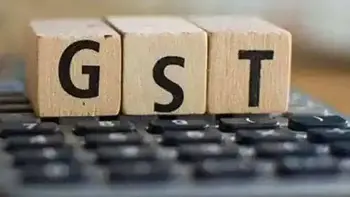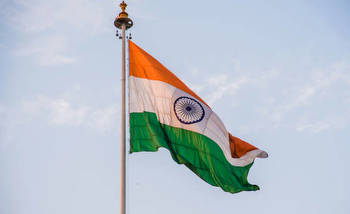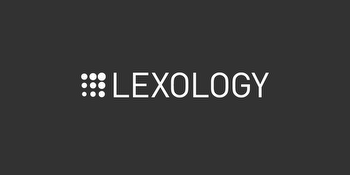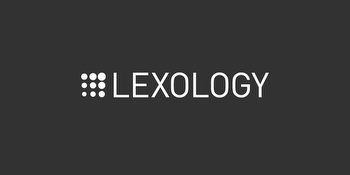Lithuanian Govt to Switch Land-based Gaming taxes to GGR-based Regime

The Lithuanian government has introduced a new bill that would tax land-based slots and table games based on GGR, rather than a fixed fee per table or machine.
The bill was proposed by the country’s Ministry of Finance, and will now be put towards the Seimas, which may vote it into law.
Currently, for land-based slot machines and table games, operators must pay a fixed fee based on the number of machines or tables they operate. That fee is €260 per month for a Category A slot machine – which has unlimited winnings – €130 per month for a category B slot machine – where stakes and winnings are limited – and €2300 per month for a gaming table. Other forms of gambling are taxed based on GGR.
The government noted that under the current system, the worse an operator was performing, the higher an effective tax rate it would pay as a percentage of revenue, making the system highly regressive.
However, with the draft law, land-based slots and table games would be taxed at 18% of GGR.
“So far, we are seeing tax inequalities in the gambling sector. Currently, a gambling business pays a flat fee, not a percentage of the revenue generated,” Minister of Finance Gintarė Skaistė said.
“We want a clearer, one-size-fits-all taxation system that is fairer: in the months of higher turnover, businesses would pay more, in lower months they would pay less. At the same time, the new procedure will increase the transparency of the gambling sector and ensure fairer taxation,” Gintarė Skaistė added.













